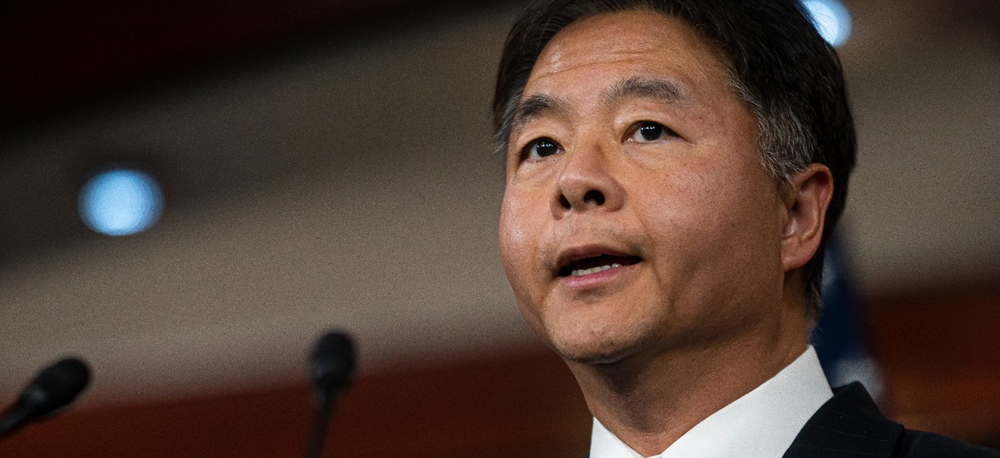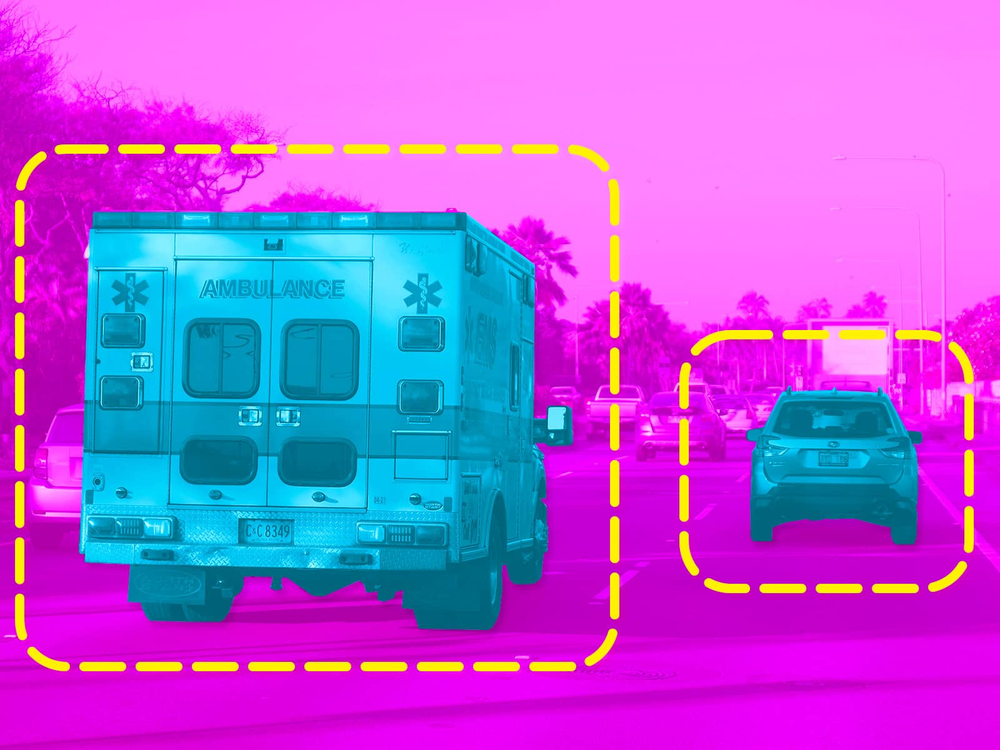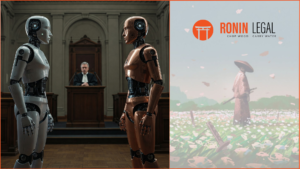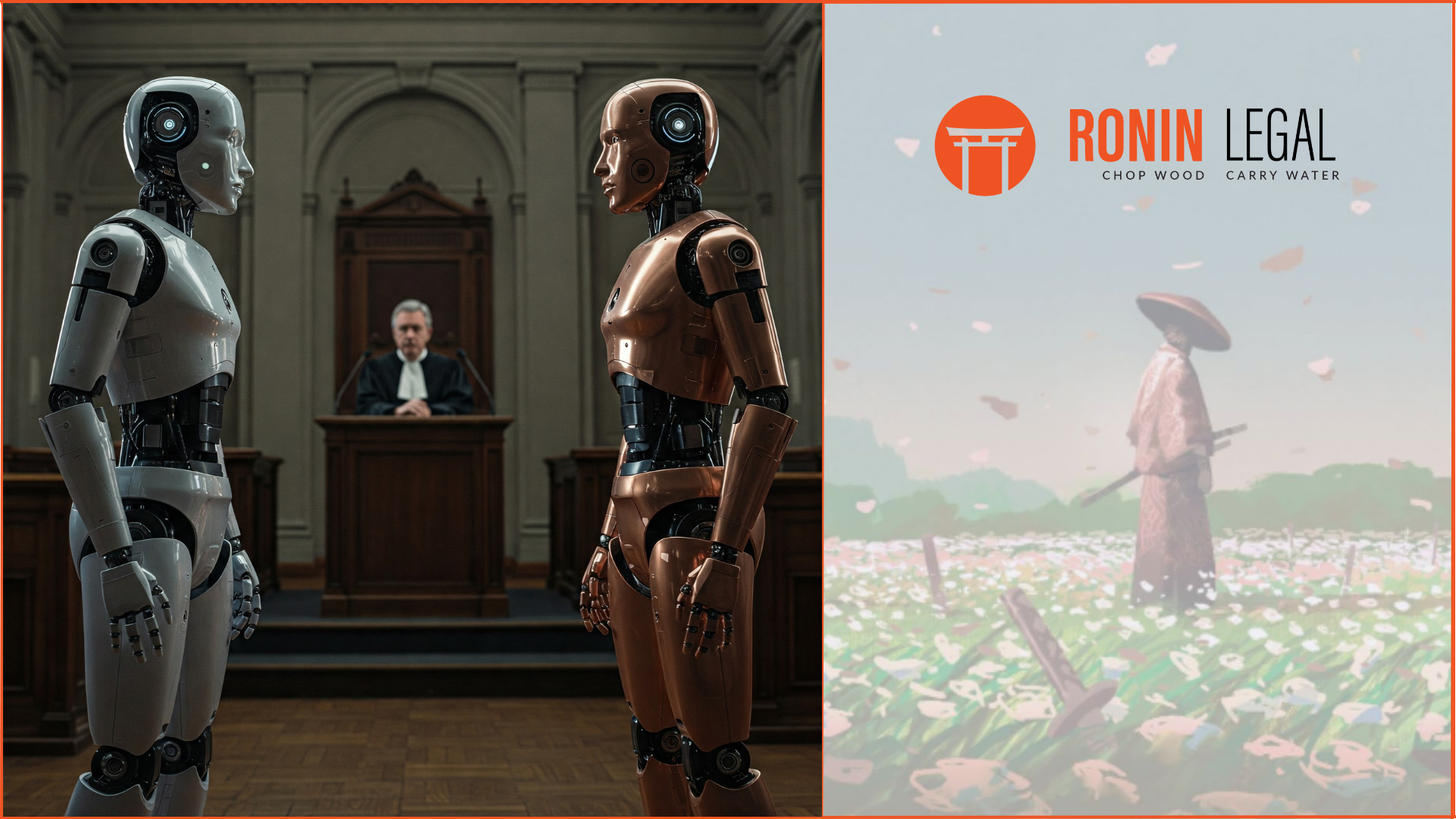Here’s what you’ll find in this fortnight’s AI update:
- Grammy Award Rules reject AI creators.
- AI companies explore content licensing deal.
- UK’s National AI Centre.
- US Bill proposes blue-ribbon Commission & National AI Commission Act to address AI risks.
- Singapore’s Monetary Authority Develops Responsible AI Toolkit.
- European Union Launches AI ‘Crash Testing’ Centres.
GRAMMY AWARD RULES REJECT AI CREATORS

On 16th June, the Recording Academy declared that only human creators were eligible for Grammy Awards. The new rules prohibit the consideration of AI-generated music for Grammy Awards and require that human creators contribute to at least 20% of an album to earn a nomination.
AI COMPANIES EXPLORE CONTENT LICENSING DEAL
The Financial Times revealed on 17th June that leading AI companies on one side, including OpenAI, Google, Microsoft, and Adobe, and several media outlets on the other, including The New York Times and The Guardian, are negotiating a content-use agreement for use of media content in AI training. Against the backdrop of recent copyright infringement lawsuits targeting AI companies and impending legislation, tech companies have apparently acknowledged the need to pay for the media content they use in training.
UK’S NATIONAL AI CENTRE
On 19th June, an All-Party Parliamentary Group on Data Analytics (APGDA) report emphasized the need for top-down AI regulation and the establishment of a national AI centre, to consolidate existing legislation and implement new AI regulations. The report makes other recommendations including the establishment of an advisory public panel and international collaboration in establishing AI regulations.
US BILL PROPOSES BLUE-RIBBON COMMISSION & NATIONAL AI COMMISSION ACT TO ADDRESS AI RISKS

On 20th June, a bipartisan group of US lawmakers proposed the National AI Commission Act, aiming to establish a blue-ribbon commission to study AI and develop regulation and government oversight over such technology. The commission, comprising 20 members from diverse sectors, would build upon previous regulatory efforts and aims to adopt a binding, risk-based approach to AI regulation.
SINGAPORE’S MONETARY AUTHORITY DEVELOPS RESPONSIBLE AI TOOLKIT
On 26th June, the Monetary Authority of Singapore (MAS) released the Veritas Toolkit 2.0, an open-source toolkit to enable financial institutions to carry out an assessment of their AI systems in line with the Fairness, Ethics, Accountability and Transparency (FEAT) principles set out in Singapore’s Model Governance Framework.
MAS, in collaboration with 31 other industry players, also published a white paper highlighting the importance of integrating Veritas methodologies in their internal governance framework by illustrating case studies of companies such as Google and Swiss Re.
EUROPEAN UNION LAUNCHES AI ‘CRASH TESTING’ CENTRES

The European Union, as reported by Bloomberg on 27th June, launched four permanent “crash-testing” systems, to ensure the safety and reliability of AI innovations prior to their market deployment. Aligned with the concept of AI sandboxes, these controlled testing environments enable developers to conduct dry runs and ensure the legal compliance of AI systems. In furtherance of the AI Act, the virtual and physical test centres are likely to be functional from next year for developers to test and validate their AI applications.
Authors: Shantanu Mukherjee, Anushka Iyer, Gaea Sukumar, and Diya Parvati.














